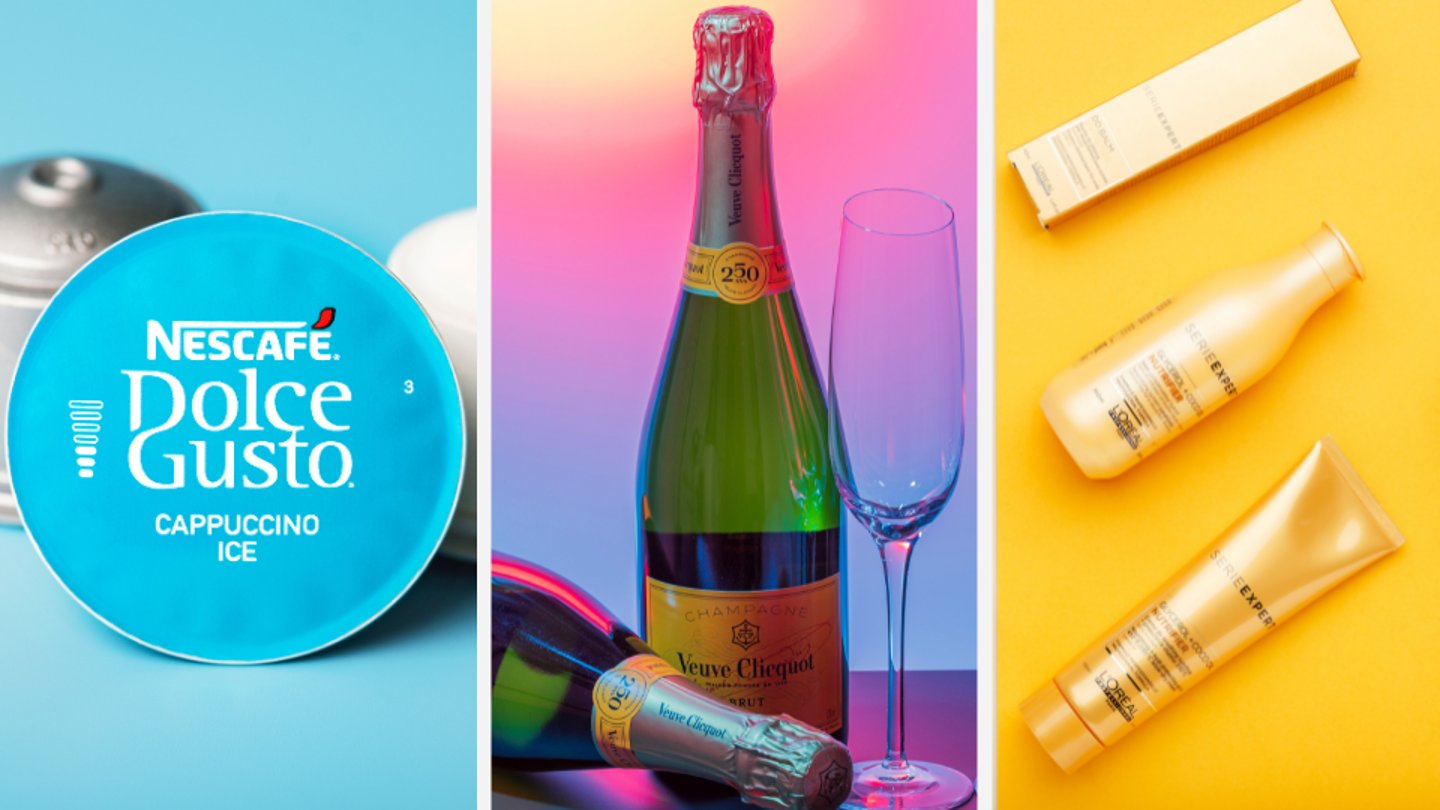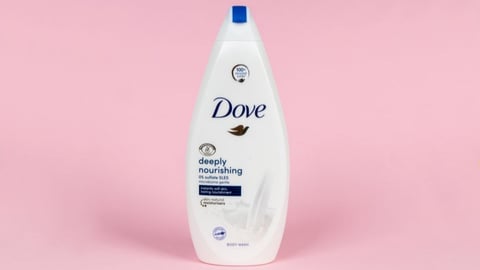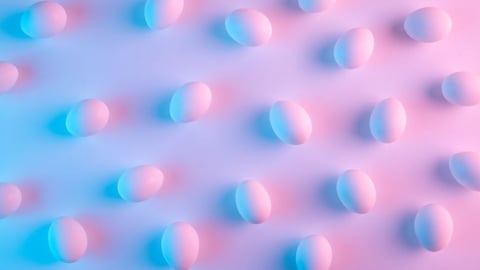Nestlé, LVMH, L’Oréal Ramp Up Content Creation With AI-Powered Digital Twins
Nestlé, LVMH and L’Oréal are launching AI-powered digital twins that will help the companies produce marketing content at scale.
Nestlé is looking to scale the technology for brands such as Purina, Nescafé Dolce Gusto and Nespresso across its e-commerce and digital media channels.
The in-house service will generate 3D virtual replicas of physical products, enabling Nestlé to use AI to modify packaging visuals for different environments without the need for reshoots. These assets can also be adapted for seasonal campaigns or specific digital channels.
The service is being developed on NVIDIA Omniverse, OpenUSD and AI Enterprise for Generative AI, also created in partnership with Accenture Song and hosted on Microsoft Azure.
Also: Unilever is optimizing product shoots with digital twins
Nestle sought a solution to meet the demands of a resource-intensive advertising space where successful campaigns requires six or more different ad formats with various product packaging changes.
The new automation is expected to result in faster, more cost-effective content creation enterprise-wide — including Nestlé's Integrated Marketing Services (IMS), which comprises 250 marketing experts across seven hubs who will help scale digital twins localize content. Additionally, 45 content studios will produce creative assets for both global and local brand initiatives.
It should also reduce the time and costs associated with scaling digital twins by 70%, according to the company.
Nestlé has established a baseline of 4,000 3D digital master products, primarily for its global brands, and plans to expand that number to 10,000 digital twins over the next two years, covering both global and local portfolios.
“Our new content organization means we can do more with the talented teams we have, leveraging their skills to produce high-quality, consistent, scalable content supported by AI digital assistants and digital twin technologies,” said David Rennie, head of strategic business units, marketing and sales at Nestlé, in a statement.
He added that the company’s ultimate goal is to engage consumers wherever they are and however they prefer — which requires providing content in multiple formats and across a variety of online media platforms.
As part of this effort, Nestlé is undergoing a digital transformation aimed at scaling customer and consumer personalization. The company has already shifted 72% of its media investment to digital and amassed more than 340 million first-party data records.
Consumer Goods’ AI Marketing Push
Luxury goods company LVMH will also incorporate AI into its content production processes, starting with its wine and spirits division, Moët Hennessy.
LVMH partnered with content configuration company Grip to develop the technology within NVIDIA’s Omniverse platform, enabling rapid creation of scalable digital marketing assets and experiences.
Additionally, the partnership with NVIDIA is not only supporting L’Oréal’s investment in AI-powered startup Noli, but it will also help transform its own marketing and advertising content pipelines by using 3D product renderings within its content creation lab CREAITECH. This will allow L’Oréal marketers to generate thousands of unique, on-brand images, videos and text assets for social media, e-commerce content and influencer marketing.
“AI doesn’t think with the same constraints as a human being. That opens new avenues for creativity,” said Anne Machet, global head of content and entertainment at L’Oréal, in an NVIDIA blog. “Generative AI enables our teams and partner agencies to explore creative possibilities.”






